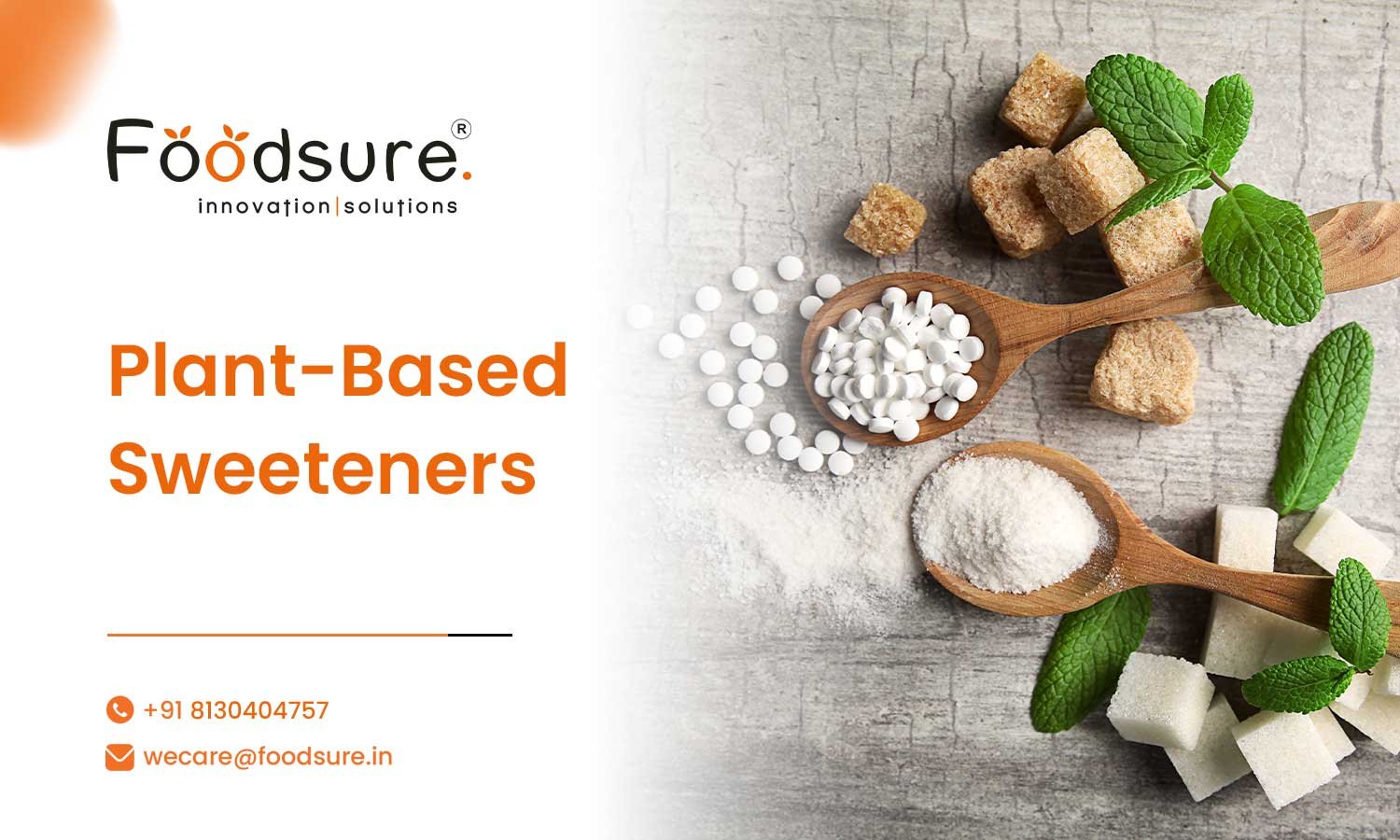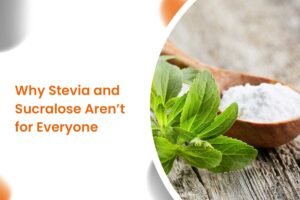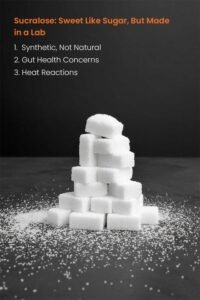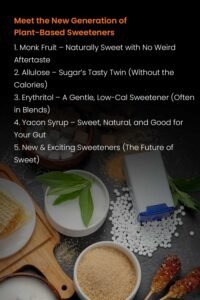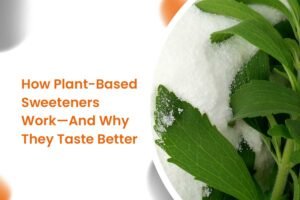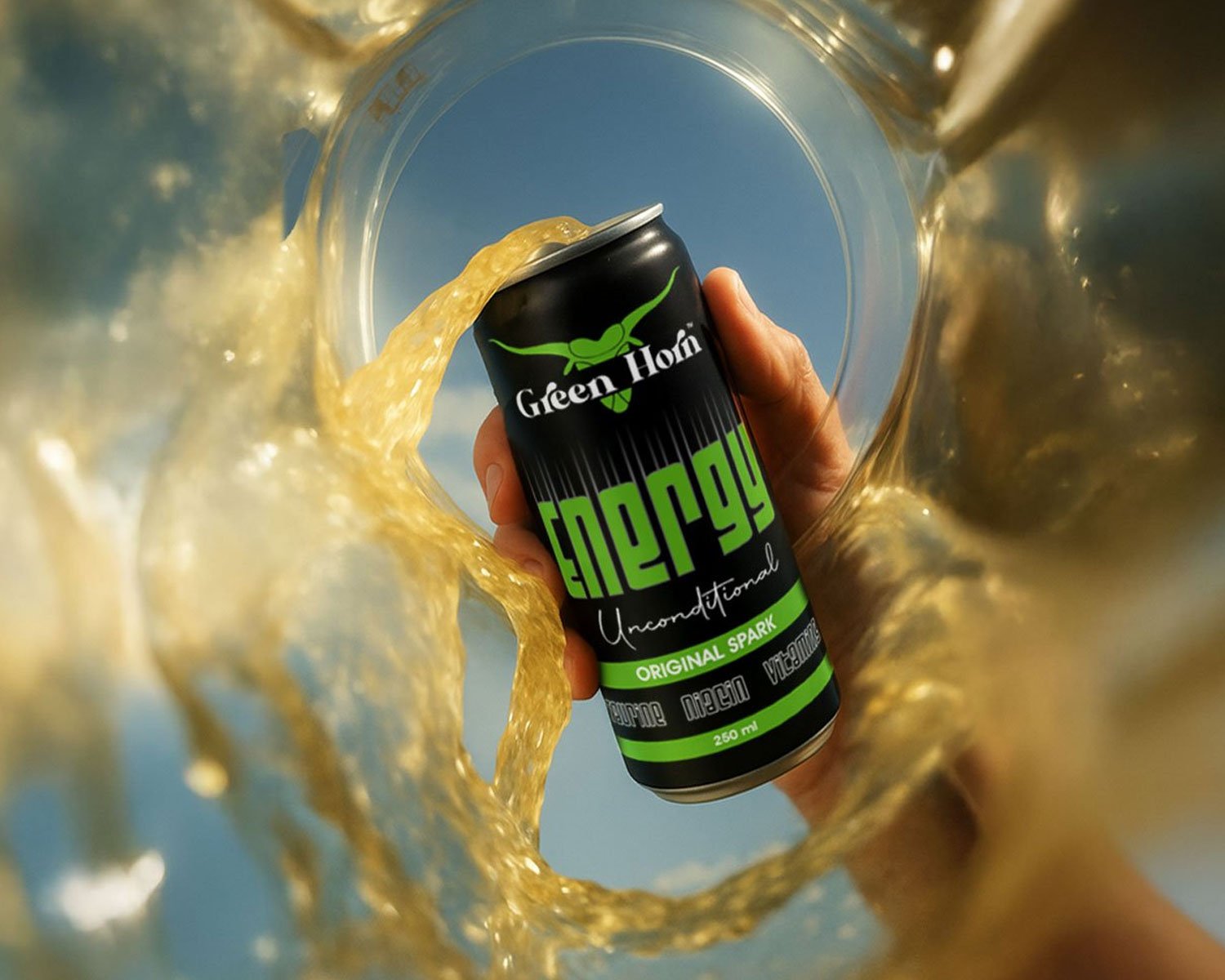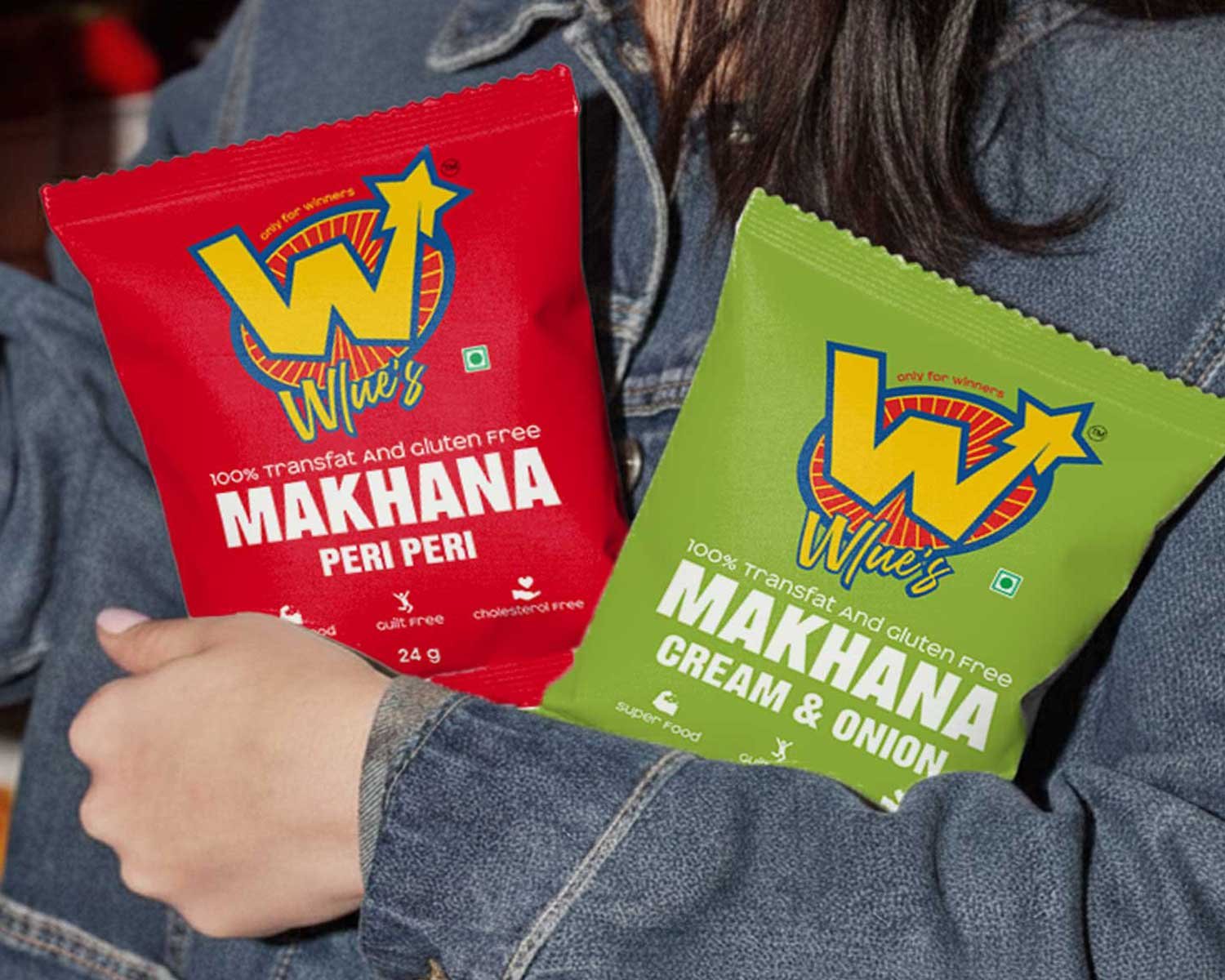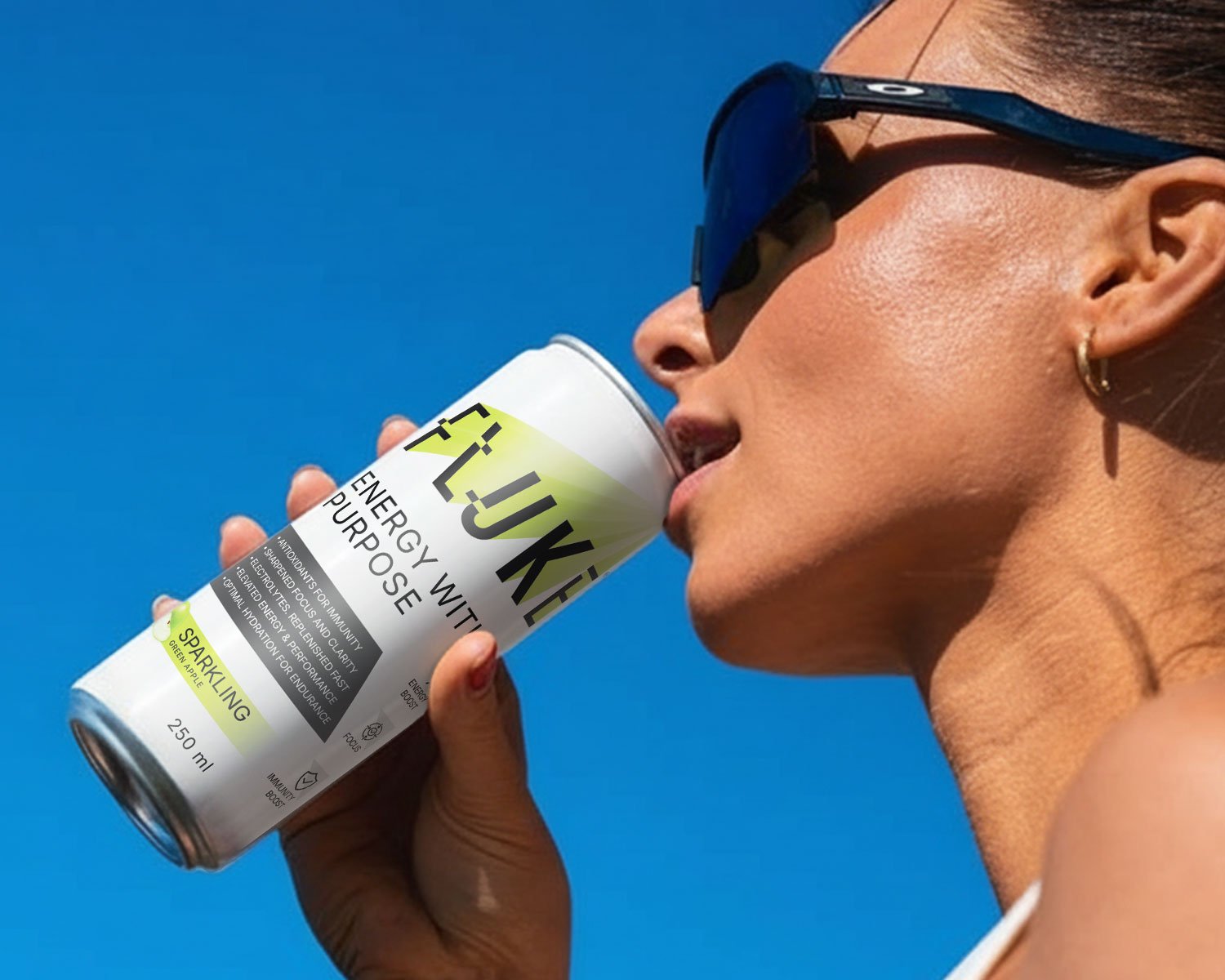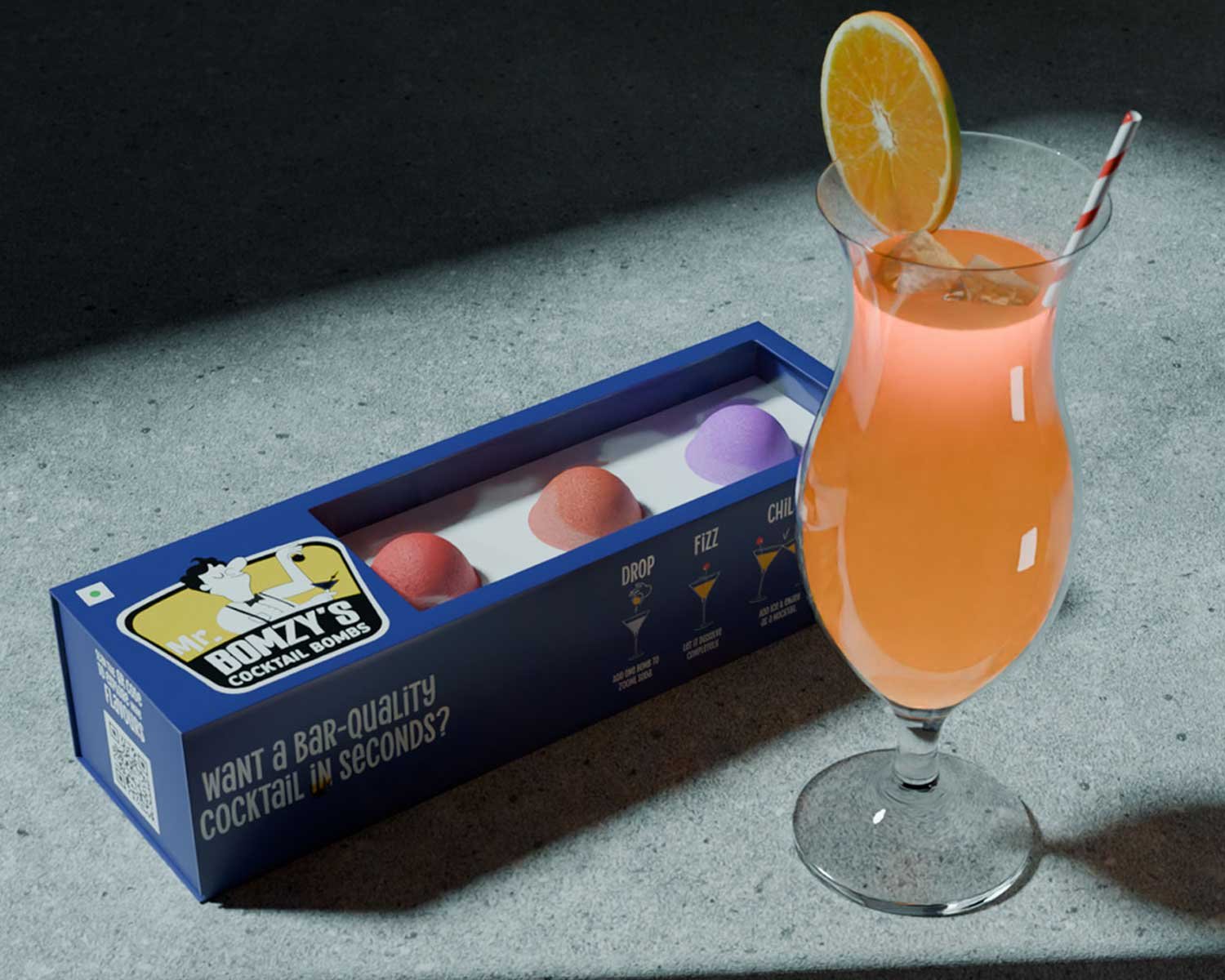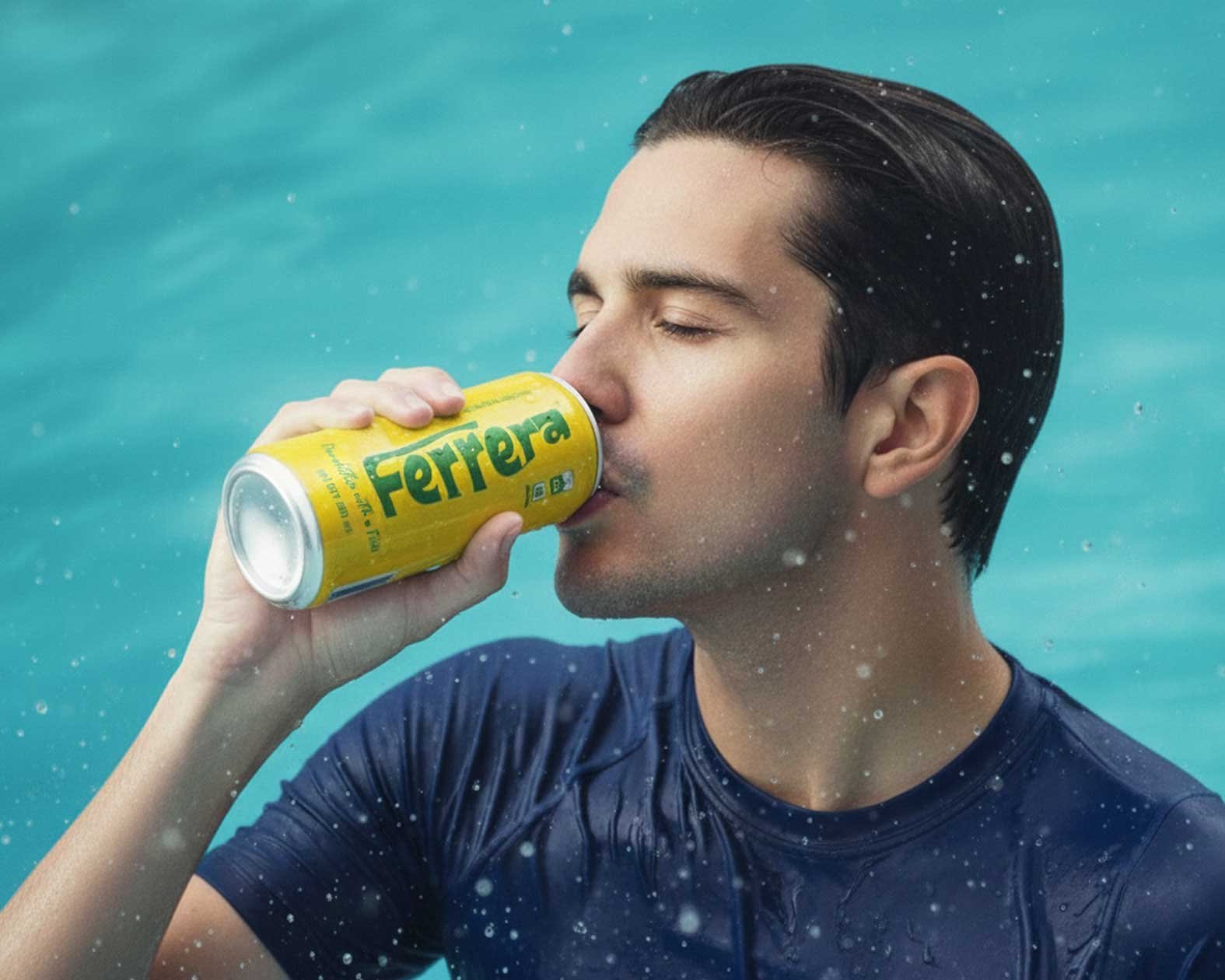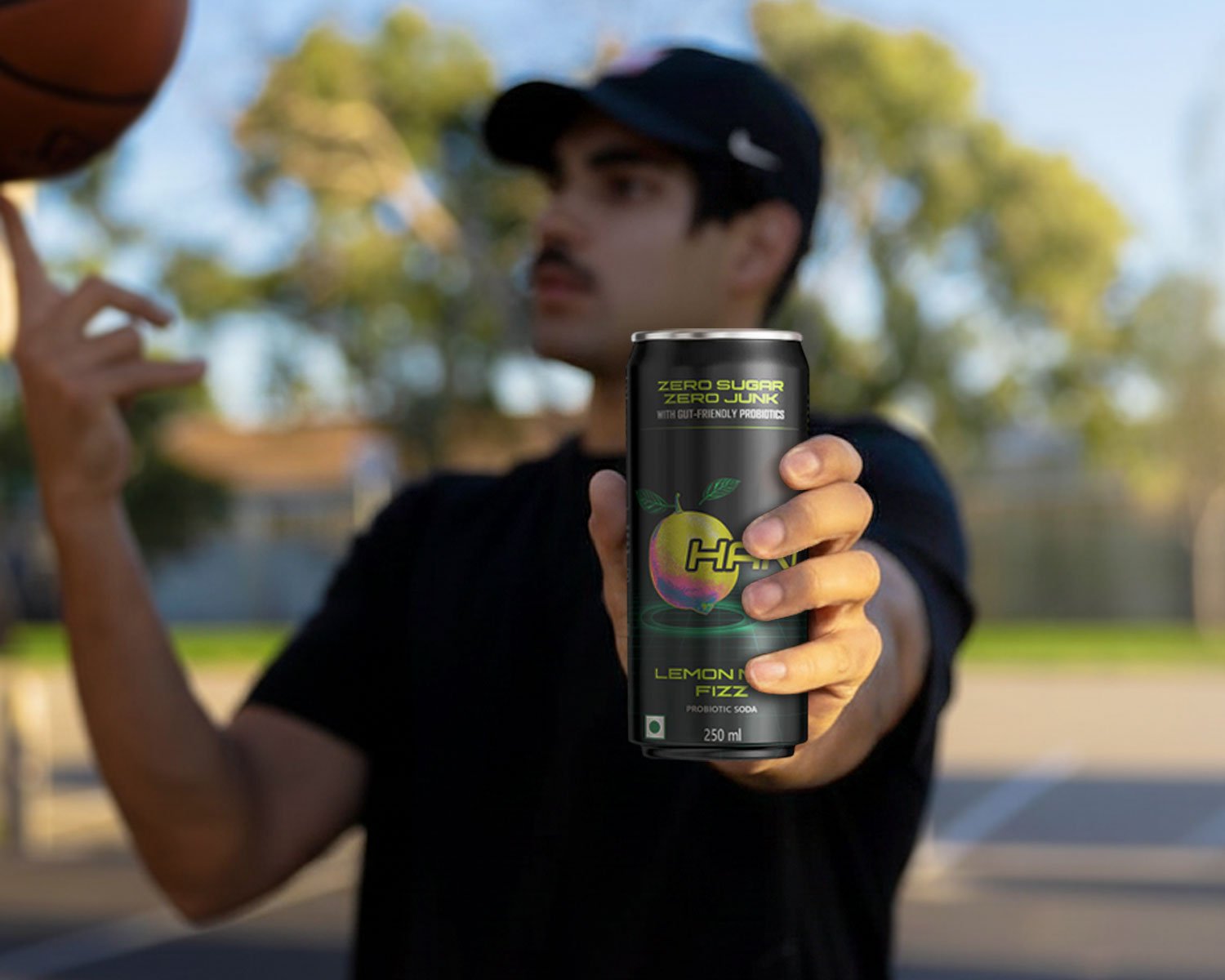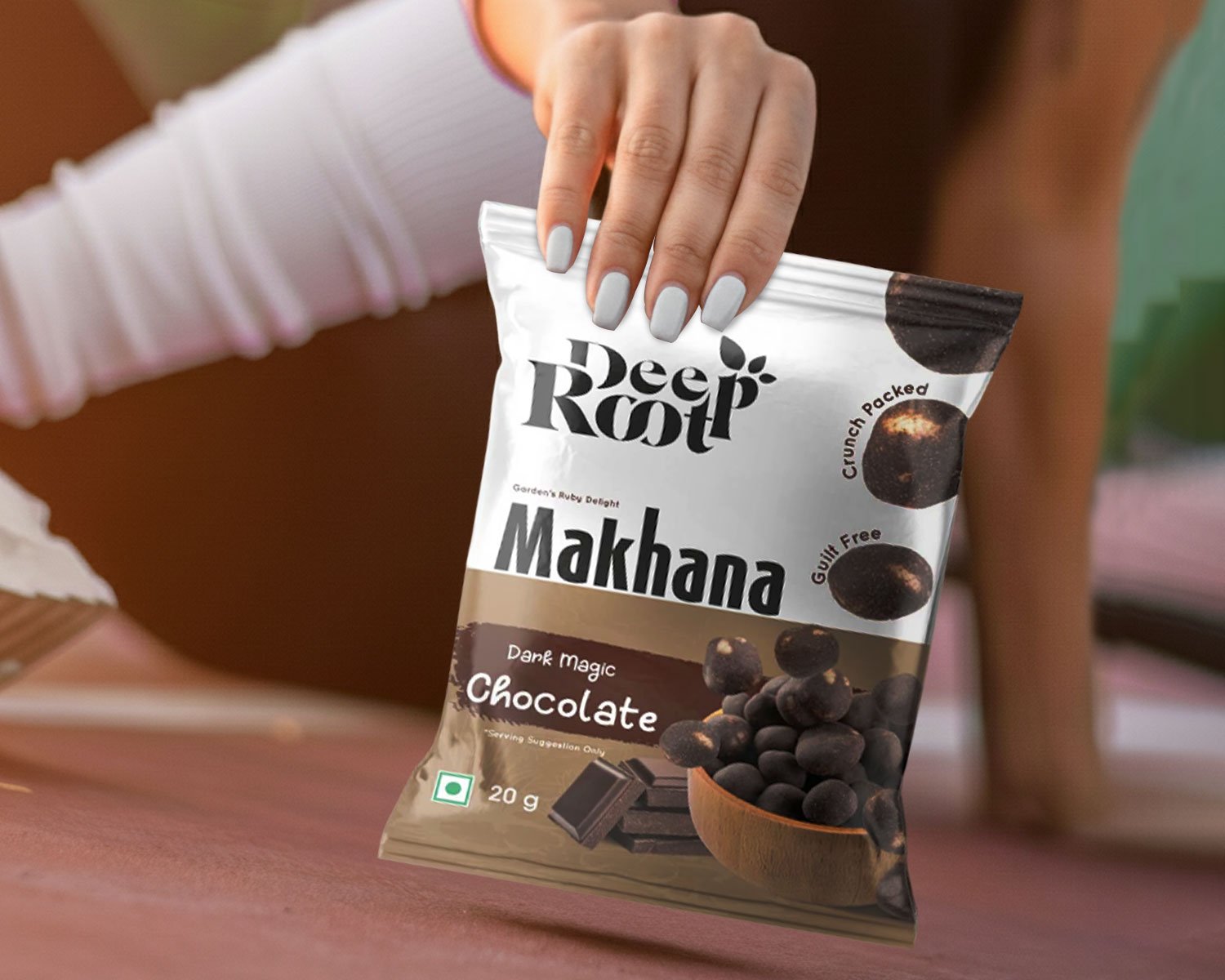Let’s face it — the search for the perfect sweetener has been a messy one.
Stevia promised “natural sweetness” but left a bitter aftertaste. Sucralose delivered zero calories but came with rising concerns over long-term health and a synthetic feel. And now, consumers — especially the health-conscious ones — are demanding better. Today, there’s a clear shift: no stevia, no sucralose, and absolutely no compromise on taste. Welcome to the rise of plant-based sweeteners without aftertaste — a new generation of sugar alternatives that are clean, natural, and built for products that people actually love to eat and drink.
Get ready for the deeper insights about plant-based sweetening and zero-calorie sweeteners, exploring the latest innovations, health impacts, and why these new options are winning over health-conscious consumers. This blog is all about plant-based sweeteners.
This is for all, be it a food entrepreneur, a nutrition enthusiast, or just someone who loves a guilt-free treat and natural sugar alternatives. This guide is your roadmap to the future of sweet.
Why Stevia And Sucralose Aren’t For Everyone
Stevia: Natural but Not for Everyone
Let’s know the story of Stevia in science and research data. Stevia comes from a plant called Stevia rebaudiana and is super sweet, way sweeter than regular sugar. Do you know the best part? It is a zero-calorie sweetener and doesn’t spike your blood sugar. That’s why many people use it in health drinks or desserts. But, here is the mystery:
Bitter Aftertaste: The main sweet compounds in stevia, stevioside and rebaudioside A, are known to activate both sweet and bitter taste receptors in the mouth. This dual activation is why many people experience a metallic or licorice-like aftertaste, especially in beverages and dairy products.
And here’s the catch: A lot of people don’t like how it tastes. Some individuals report bloating or mild gastrointestinal discomfort after consuming stevia, especially in larger amounts, though this is not common.
Sucralose: Sweet Like Sugar, But Made in a Lab
Sucralose (sold as Splenda) is another sweetener we skip — and here’s why, backed by real concerns:
-
Synthetic, Not Natural
- It’s made by chemically modifying sugar, swapping out parts of sugar molecules with chlorine.
- That makes it 600 times sweeter, but not something your body recognizes as food.
-
Gut Health Concerns
- Newer studies (like one in Frontiers in Microbiology) show that sucralose might disrupt your gut microbiome — the good bacteria that support digestion and immunity.
- While more research is still ongoing, many health-conscious brands now avoid sucralose to stay gut-friendly.
-
Heat Reactions
- When heated (like in baking), sucralose may break down and create potentially harmful compounds.
- That’s another reason why it’s not always preferred for food and drink products that may face heat.
The Demand For Clean, Plant-Based Sweetening
Seeing the current world where Gen Z and millennials are seeking something extraordinary, more than simply sugar-free products and zero-calorie sweeteners. That is why we want the best sweeteners for beverages. As our consumer also wants:
- Natural ingredients
- Natural sugar alternatives
- No artificial aftertaste
- Low or zero-calorie sweeteners that keep them healthy.
- Minimal processing
- Better for gut health
This demand has sparked innovation in the world of plant-based sweeteners beyond stevia and sucralose.
Meet The New Generation Of Plant-Based Sweeteners
1. Monk Fruit – Naturally Sweet with No Weird Aftertaste
Let’s reveal something powerful in sweeteners. Monk fruit sweetener is a small green fruit from China that’s been used for centuries. It’s a natural sweet stuff — called mogrosides — that is up to 200 times sweeter than sugar, but it is a zero-calorie sweetener. Do you know why it’s becoming the favourite one for the beverage formulators? It doesn’t have any bitter or chemical aftertaste like some other sweeteners. That’s why people love using monk fruit sweetener in drinks, desserts, and even for baking. And this is why beverage recipe formulators use it in their formulation stages.
Great for: Anyone looking for a clean, fruity, plant-based sweetener.
2. Allulose – Sugar’s Tasty Twin (Without the Calories)
This is the natural sugar alternative. Allulose is a rare sugar that naturally shows up in foods like figs and raisins. It tastes almost exactly like real sugar but has 90% fewer calories, and it doesn’t spike your blood sugar. Taste with health benefits, this can be a good option for food and beverage products.
It feels smooth in the mouth and doesn’t leave any weird aftertaste, which makes it perfect for everything from cold drinks to cookies.
Great for: People who want that real sugar feel without the health concerns.
3. Erythritol – A Gentle, Low-Cal Sweetener (Often in Blends)
Erythritol is found in fruits like grapes and melons. It’s about 70% as sweet as sugar, almost calorie-free, and super gentle on the stomach compared to other sugar alcohols.
It’s often blended with monk fruit or other natural sweeteners to make the taste even better and remove any aftertaste.
Great for: Low-calorie recipes and people looking to avoid sugar but still enjoy sweetness. These are natural sugar alternatives one can have.
4. Yacon Syrup – Sweet, Natural, and Good for Your Gut
Yacon syrup comes from the root of the yacon plant (from South America). It tastes sweet and a little like caramel, with fewer calories than honey.
It’s also rich in prebiotic fiber, which means it’s good for your gut health. People add it to smoothies, pancakes, or baking for a natural sweetness that does more than just taste good.
Great for: Health-conscious eaters who want a sweetener that supports digestion, too.
5. New & Exciting Sweeteners (The Future of Sweet)
Some next-gen natural sugar alternatives are just starting to hit the market — and they’re pretty cool:
- Tagatose: Found in milk and fruits, it tastes like sugar but has fewer calories.
- Brazzein & Thaumatin: These come from African fruits and are hundreds of times sweeter than sugar, with zero aftertaste.
These are still a bit rare, but many brands are starting to explore them as clean, plant-based sugar alternatives that would be the best sweeteners for beverages.
How Plant-Based Sweeteners Work—And Why They Taste Better
The Science of Sweetness
Unlike stevia and sucralose, which can trigger bitter taste receptors, these new plant-based sweeteners are formulated to mimic the taste profile of real sugar. Monk fruit’s mogrosides, allulose’s rare sugar structure, and erythritol’s sugar alcohol backbone interact with your taste buds in a way that delivers sweetness without the lingering aftertaste.
Health Benefits
- Zero or low calories: Supports weight management and diabetes control.
- No blood sugar spikes: Safe for people with diabetes and those on low-carb diets.
- Prebiotic effects: Some, like yacon syrup, nourish healthy gut bacteria.
- No synthetic chemicals: Clean label and natural appeal.
Market Trends: Why Brands Are Switching
- Consumer demand for clean label: Shoppers want ingredients they recognize and trust.
- Growth in plant-based and functional foods: Brands are reformulating to remove stevia, sucralose, and artificial sweeteners.
- Innovation in product development: Rapid prototyping and agile food formulation make it easier to test and launch new sweetener blends.
Case Studies: Brands Leading the Way
Beverage Brands
Several new-age beverage startups in India and globally have launched RTD drinks and herbal beverages sweetened with monk fruit and allulose. They have adopted this innovative idea and are working on it. Consumers report a more authentic, sugar-like taste and no aftertaste, leading to higher repeat purchases.
Snack Companies
Snack brands are using blends of erythritol, monk fruit, and yacon syrup in bars, cookies, and cereals. These products are especially popular among keto, diabetic, and clean-eating communities.
Functional Foods
Functional beverage and supplement brands now use novel sweeteners like tagatose and thaumatin to create protein shakes, gummies, and energy shots that taste great without sugar or bitterness.
The Rise Of Plant-Based Sweeteners- Comparison Chart
| Sweetener | Source | Sweetness vs. Sugar | Calories | Aftertaste | Blood Sugar Impact | Best Uses |
| Monk Fruit | Fruit | 150–200x | 0 | None | None | Drinks, desserts |
| Allulose | Rare sugar | 70% | 0.2/g | None | None | Baking, beverages |
| Erythritol | Fruits | 70% | 0.2/g | Minimal | None | Blends, baking |
| Yacon Syrup | Root | 50% | 1.3/g | Mild | Low | Toppings, smoothies |
| Tagatose | Dairy, fruits | 92% | 1.5/g | None | Minimal | Dairy, confections |
| Stevia | Leaf | 200–400x | 0 | Bitter | None | Limited, blends |
| Sucralose | Synthetic | 600x | 0 | Chemical | None | Processed foods |
The Future Is Sweet—Naturally
Say goodbye to bitter aftertastes and artificial aftershocks. We’re stepping into a new era where natural, plant-based sweeteners like monk fruit, allulose, erythritol, and yacon syrup are changing the way we experience sweetness — clean, honest, and genuinely enjoyable.
No more compromises. These modern sweeteners shine with zero guilt, clean labels, and gut-friendly benefits. Whether you’re a food brand crafting the next big thing or a health-conscious home chef, these sweeteners are your best-kept secret for success.
- No stevia bitterness.
- No sucralose confusion.
- Just natural sweetness — the way it should be.
The future of sweet isn’t artificial — it’s authentic. Try With Foodsure
Ready to reformulate, reimagine, or simply sweeten your life the smarter way?
Let’s create better, cleaner, sweeter products together. Talk to our formulation experts today.
Call us at +91 8130404757.
FAQs
Are plant-based sweeteners really safe to use?
Yes, totally! Sweeteners like monk fruit, allulose, and erythritol are approved by health experts and food safety teams like the FDA. They’ve been tested and are safe for everyday use.
Do these natural sweetener alternatives upset your stomach?
For most people, they’re just fine. Monk fruit sweeteners and allulose are super gentle. If you have too much erythritol (a type of sugar alcohol), it might cause a little bloating or gas, but only if you overdo it.
Can people with diabetes use them?
Absolutely! These natural sweeteners for diabetes don’t spike your blood sugar, so they’re a great option for people with diabetes or anyone on a low-carb or keto lifestyle.

